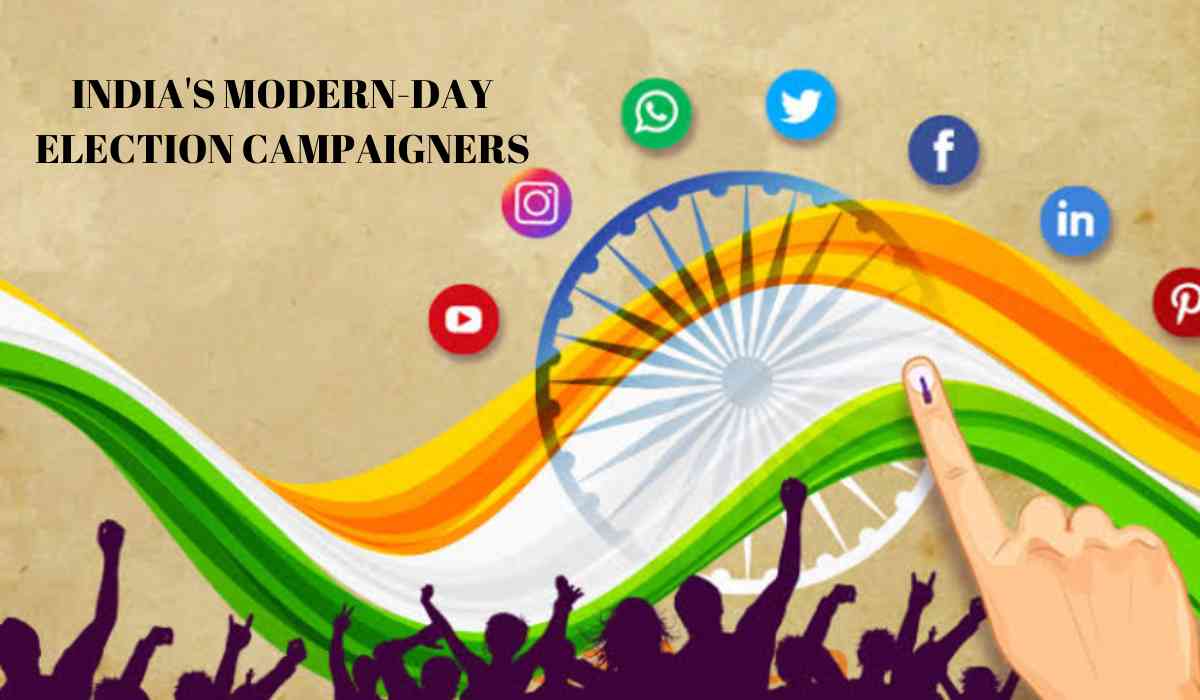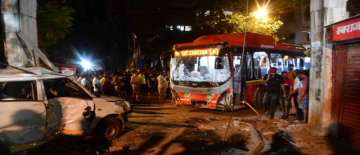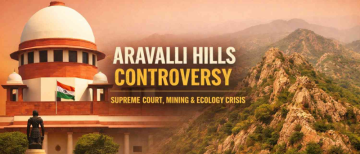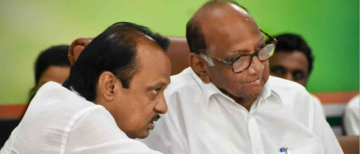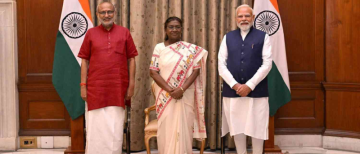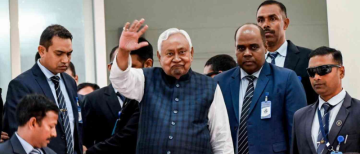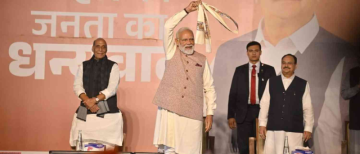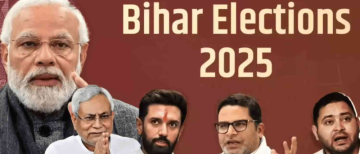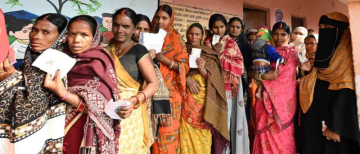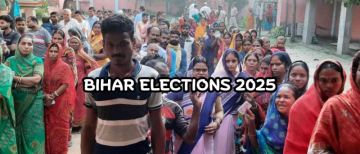With the rise of social media influencers and digital factors that shape modern campaigns, Indian politics are changing. The mix of active social media sites like WhatsApp and active political debate has changed the ways people get involved in politics and how they do it. Influencers on social media have become important players in politics because they change political stories, get different types of voters involved, and affect the results of elections. This complex dance of digital elements has become the rhythm of modern Indian political campaigns, touching millions of people and changing the way people participate in democracy.
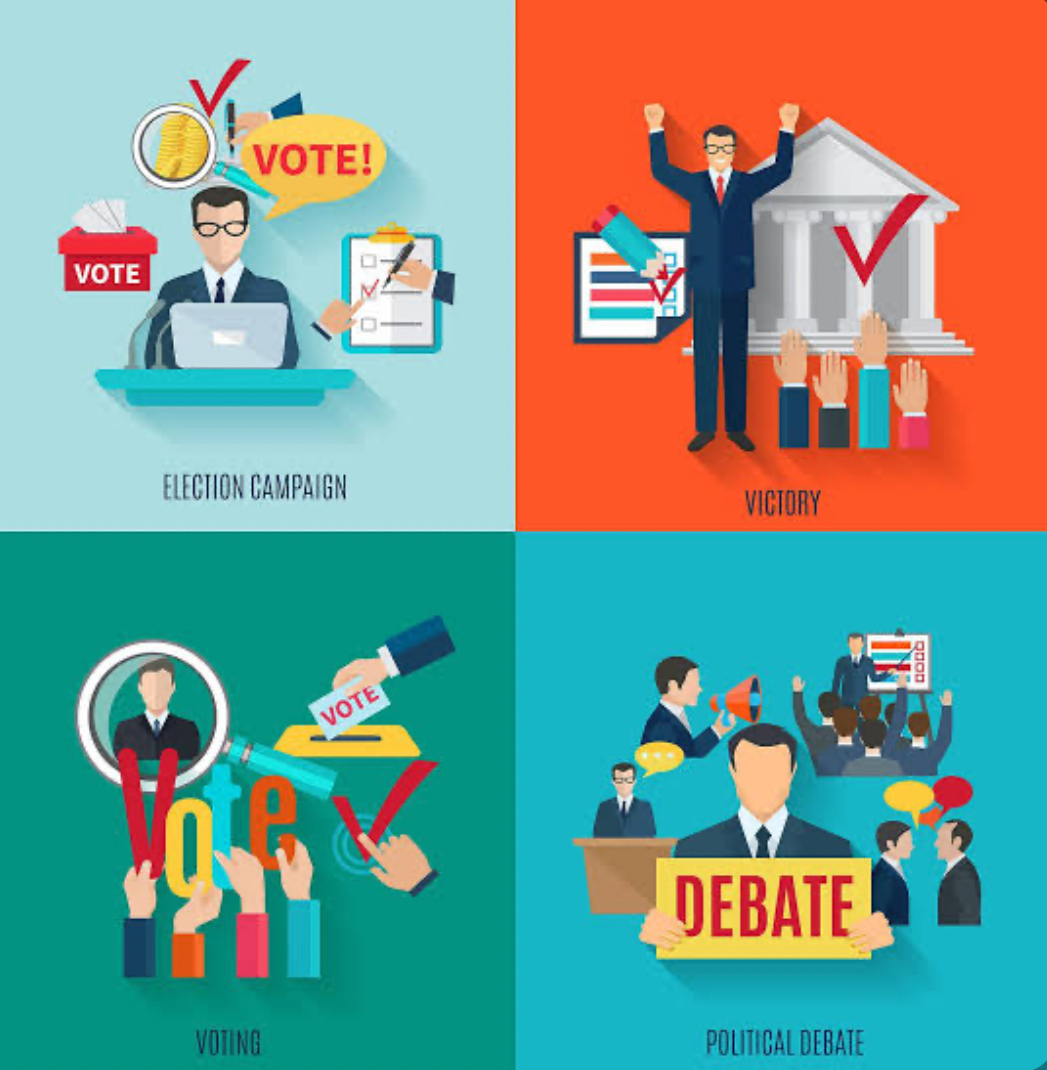
On October 2, 2023, Prime Minister Narendra Modi met with fitness influencer Ankit Baiyanpuria as part of the "Swachhata Hi Seva" programme. This was a big deal because it showed how social media influencers and politics can work together. This partnership demonstrated the integration of cleanliness advocacy with fitness and well-being. It connected with a wide range of people, especially young people, and showed how social media stars can help promote government programmes.
Defining Social Media Influencers
A social media influencer is someone who can change the thoughts, feelings, and actions of their followers, usually when it comes to endorsing goods, services, or political messages. We divide them into four distinct groups based on their number of followers:
1. Nano Influencers: Nano-influencers have between 0 and 10,000 followers and offer niche-specific content at low costs, making them perfect for focused campaigns.
2. Micro-influencers: With between 10,000 and 100,000 followers, micro-influencers have a loyal and active following that can be used to spread the word about a business and run grassroots campaigns.
3. Macro Influencers: Macro-influencers have between 1 and 10 lakh fans and are active on many platforms. This makes them useful for reaching a wide range of people and spreading political messages.
4. Mega Influencers: Mega-influencers have a lot of power. Because of their reputation and wide reach, companies hire them for big campaigns, product launches, and events.
Political campaigns and social media influencers
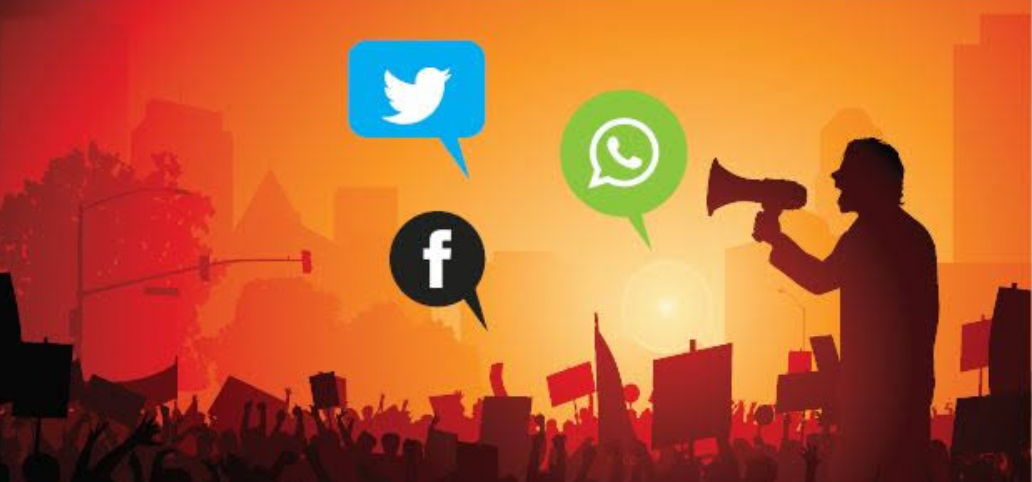
Social media influencers are very important in Indian politics because they help spread political ideas and connect with different types of voters. Political parties are actively leveraging the reach and involvement of influencers to target India's vast online population as the 2024 general election approaches. They know that influencers can change voters' minds and get people involved.
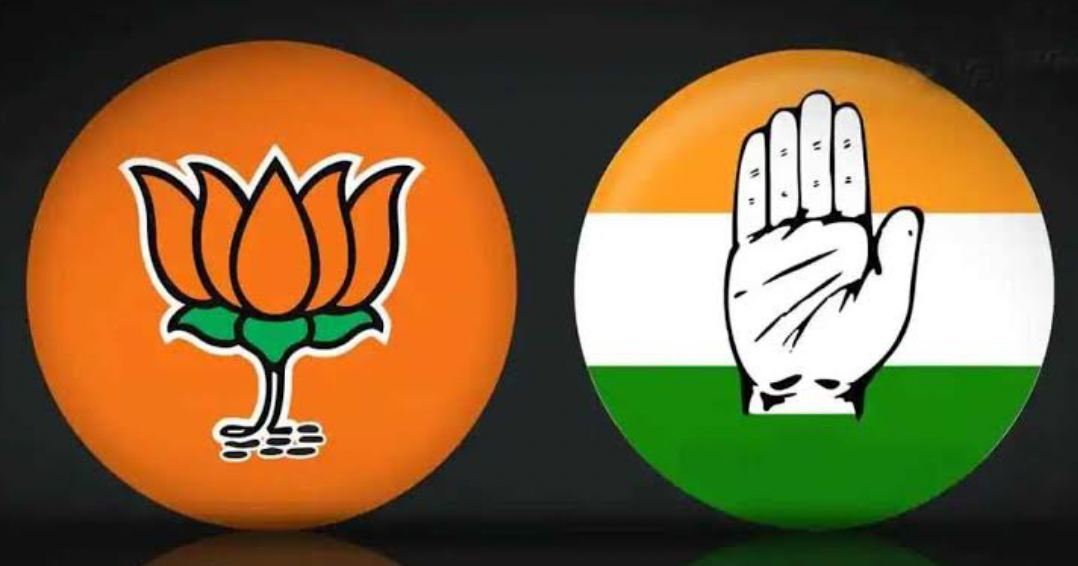
One political group using the power of social media followers is the Bharatiya Janata Party (BJP). Another is the Indian National Congress. The BJP organised meetings with influential individuals from various regions of the country, recognising their crucial role in the party's success and leveraging their fame for the upcoming elections. Along the same lines, the Congress used influential people during the Bharat Jodo Yatra and held "Jan Samman" events to promote government welfare programmes.
Ethical Considerations and Regulatory Frameworks
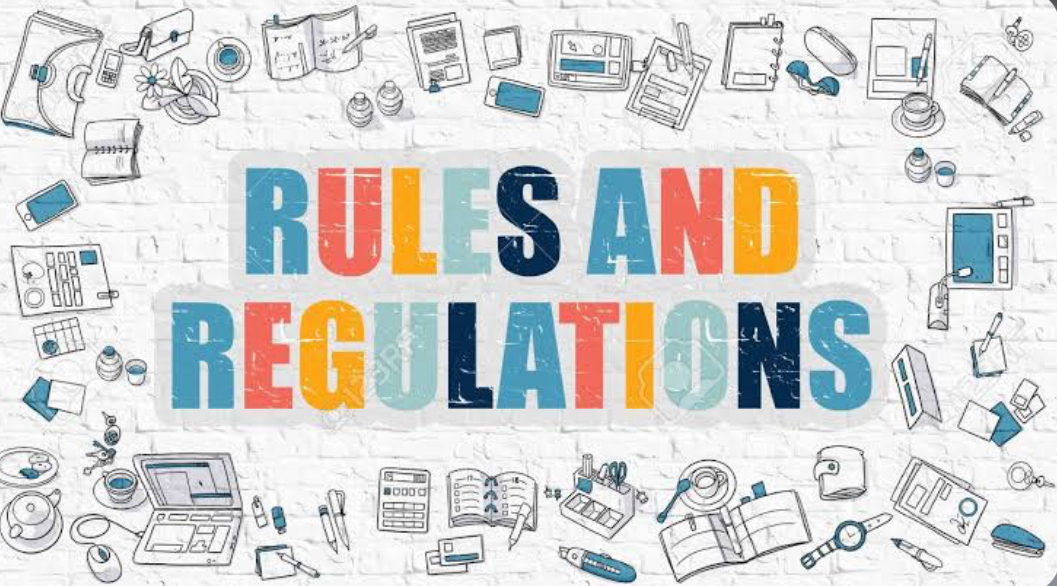
Even though they are good at reaching and engaging audiences, political social media leaders have to deal with ethical issues and the need for rules and regulations. Because promotional activities aren't always clear and people can have an impact without accountability, there needs to be a way to ensure that leaders act ethically and maintain the public's trust.
Moving Forward: Opportunities and Challenges
As India moves into the digital age and gets ready for the biggest election in the world, political parties need to use social media leaders and messaging apps like WhatsApp to change how voters think and get people to vote. The fact that the Election Commission released the dates for the 2024 Lok Sabha elections makes it even more important for parties to use digital platforms and influencers successfully.
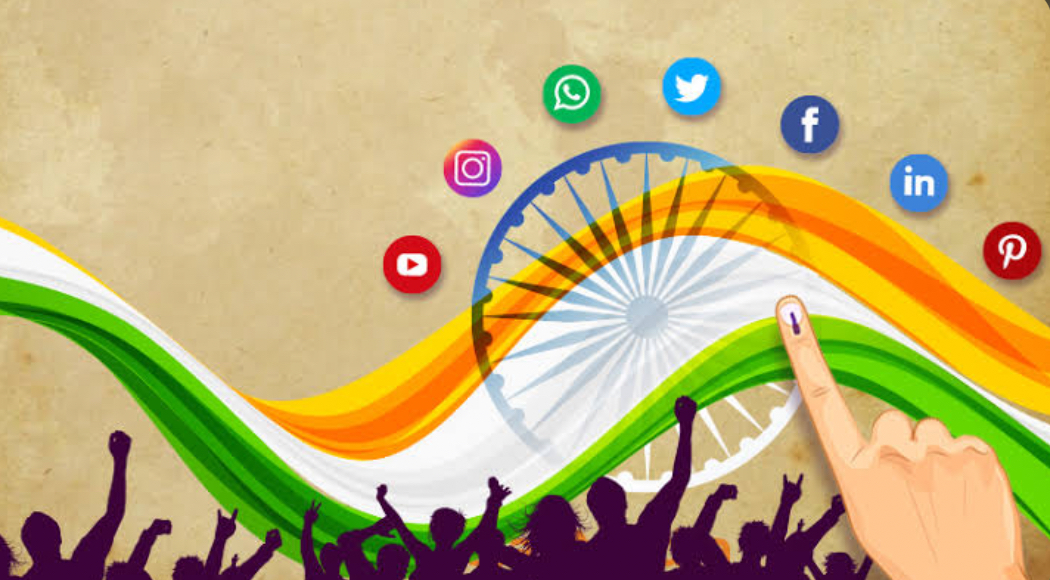
To sum up, social media influencers have become very important in Indian politics. They help connect political messages with people who are interested in them. They can reach, connect, and persuade a wide range of people, which can be both good and bad for democracy. As India's politics continue to change in the digital age, it is important to set clear rules, encourage moral behaviour, and use the power of leaders in a responsible way.
Image Source: Multiple Agencies
(Inputs from agencies)
© Copyright 2024. All Rights Reserved Powered by Vygr Media.

